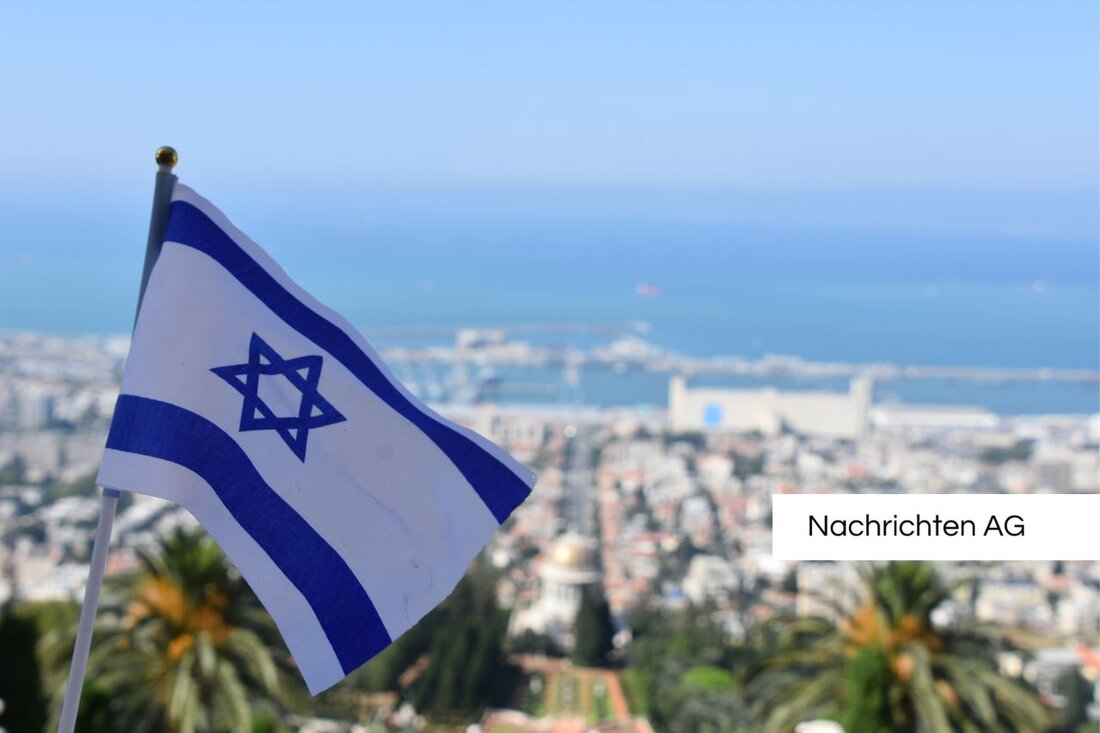Spain saves 44 children from the Gaza Strip: Asylum and Hope!
Spain evacuates injured children from the Gaza Strip. Four successful missions offer asylum and medical help.

Spain saves 44 children from the Gaza Strip: Asylum and Hope!
The situation in the Gaza Strip has dramatically intensified in recent months. Against the background of intensive military attacks by the Israeli army and a humanitarian crisis, Spain evacuated 44 injured or sick children from the region. This decision comes at a time when international aid organizations warn of a "mass hungry shortage" and over 100 organizations demand an immediate ceasefire. These most critical developments make the need for humanitarian aid and protection for the civilian population all the more clearly.
The Spanish government announced on Tuesday that not only the children, but also around a hundred close family members were brought to Spain. Children receive medical treatment in various hospitals in the country, while they and their relatives are given the opportunity to apply for asylum. The evacuation campaigns were organized over several months in cooperation with international organizations and allies, with four successful missions taking place. The handover of the children took place in safe places outside the conflict zone, which underlines the urgency and complexity of such humanitarian missions. Spain has positioned itself as one of the sharpest critics of the Israeli approach within the EU, which also affects approval in other countries like Germany.
Humanitarian hardship and international reactions
The reports on the critical supply situation in the Gaza Strip are alarming. Marlehn Thieme, President of Welthungerhilfe, emphasizes that Israel is refusing to access Gaza, although aid organizations are available in order to provide urgently needed help. This access is crucial because almost all residents are starving Gaza. A UN report recorded that over 1,000 Palestinians have been killed by Israeli soldiers since May while looking for food. This illustrates the dangers to which the civilian population is exposed.
The international efforts for de -escalation and humanitarian support are under pressure. 28 Foreign Minister and an EU commissioner are calling for an immediate end of the war and the opening of all border crossings for relief goods. Chancellor Friedrich Merz (CDU) describes the situation in the Gaza Strip as "no longer acceptable" and calls on the Israeli government to stop military interventions and enable humanitarian aid. In this tense situation, suggestions for a 60-day ceasefire appear as little promising.
Race against time
The humanitarian catastrophe in the Gaza Strip takes on threatening dimensions. While aid organizations want to expand their offers of help, disputes about food aid hinder the efforts of a ceasefire between Israel and Hamas. Reports show that the conditions are life -threatening at many distribution points, and a senior Israeli security officer has declared that, although no famine in Gaza was found, measures to stabilize the humanitarian situation are essential. Until the conflicts are included, the support of the international community for the refugee children and their relatives remains of crucial importance.
The developments in the Gaza Strip and the reactions to it are part of a complex geopolitical move, which often pushes the humanitarian needs of the civilian population into the background and underlines the urgency of a humanitarian solution. The international pressure, especially on Israel, grows, and many hope that the evacuations and auxiliary measures are not in vain.
Overall, the situation remains tense, while the search for a solution continues for both the fleeing children and for the entire population Gaza.

 Suche
Suche
